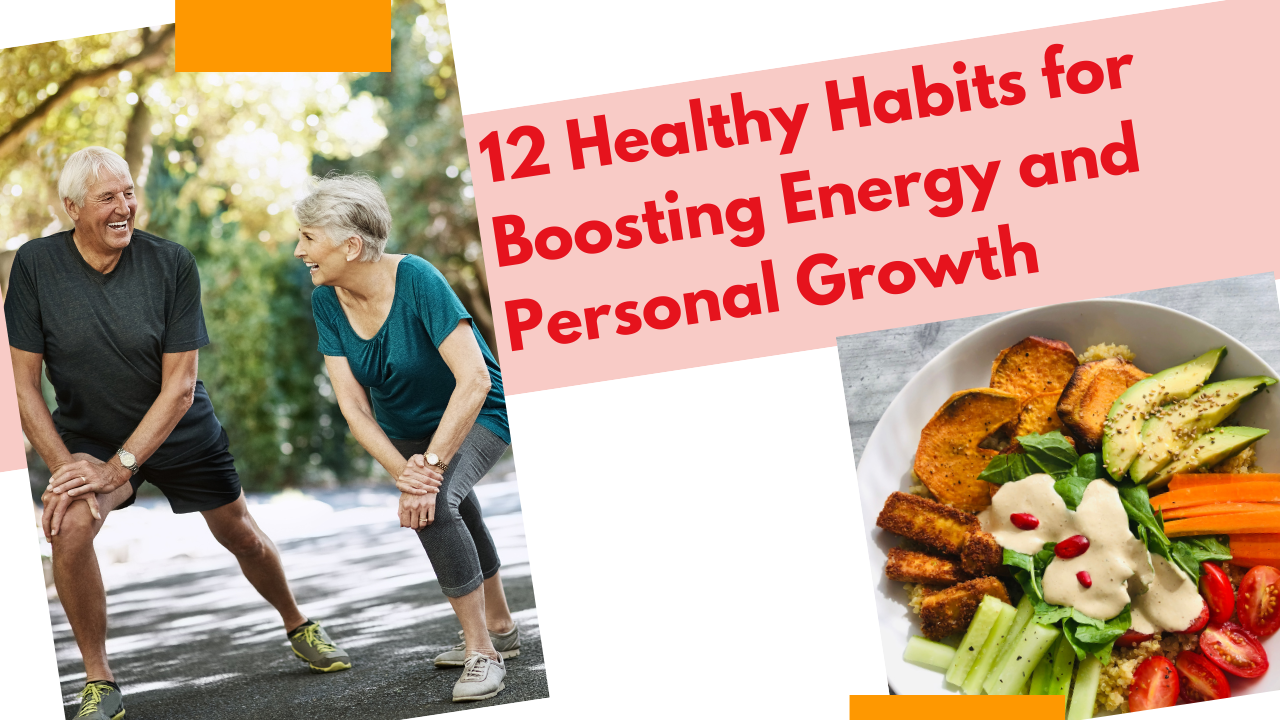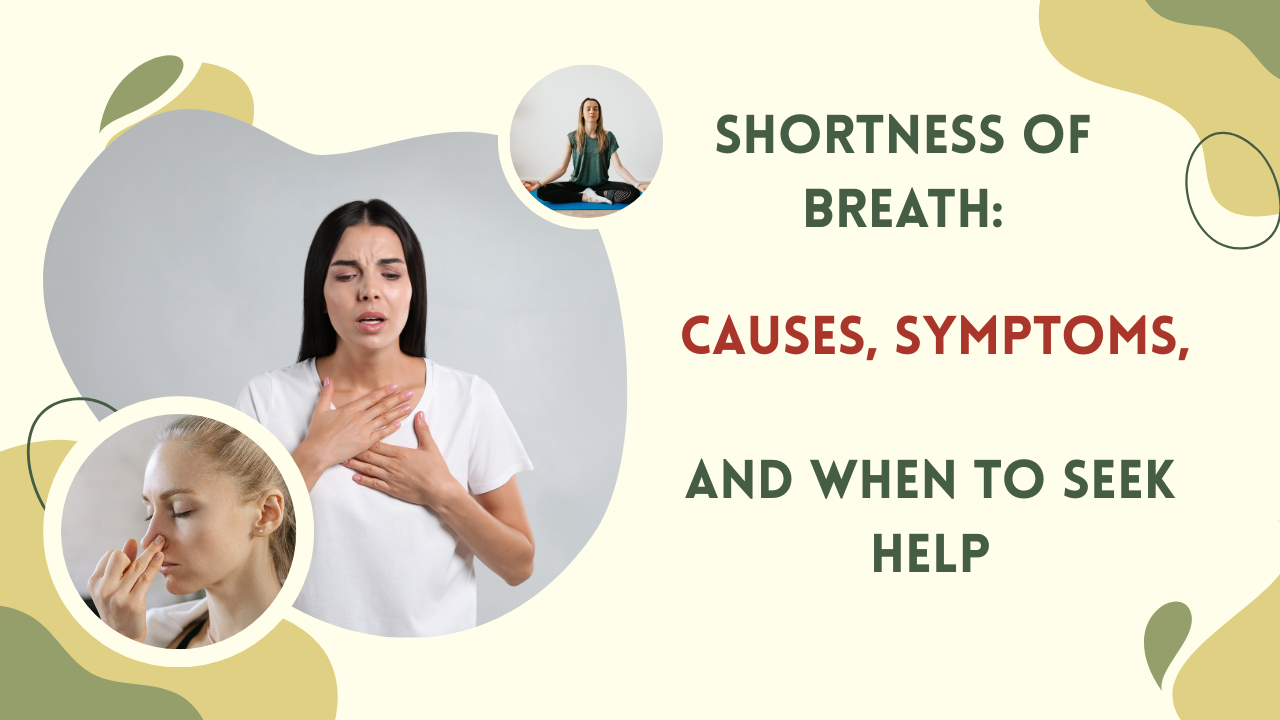In a world focused on major life changes and dramatic challenges, it’s easy to forget the power of small, consistent actions. However, the truth is that lasting change often comes from the small, everyday decisions we make, not the big, sweeping transformations. These small actions gradually build momentum and shape who we become over time.
This is where micro habits, or healthy habits, play a crucial role. Micro habits are tiny, simple actions that take little effort but can have a huge impact over time. They may seem insignificant at first, but their compounding effect on your mindset, productivity, and well-being can be profound.
Micro habits are not about intense challenges or long commitments. They’re simple, easy practices you can start today, often taking no more than five minutes. By incorporating these small healthy habits into your daily routine, you can create lasting positive changes without overwhelming yourself.
Let’s explore how these small healthy habits can bring massive returns over time.
Make Your Bed

It may seem like a small task, but making your bed as soon as you wake up can set a powerful tone for the rest of your day. Starting your morning with this simple action brings a sense of discipline, order, and accomplishment that can carry through to the rest of your routine. It’s a small win that helps you feel in control and ready to tackle whatever comes next.
As Navy Admiral William H. McRaven famously said, “If you want to change the world, start off by making your bed.” This advice highlights how even the smallest healthy habits can have a big impact. By committing to this simple habit, you create a foundation of discipline and structure, which can inspire you to take on bigger challenges with confidence throughout the day.
Why it works:
1 . Offers a small win early in the day
2. Encourages tidiness and routine
3. Reinforces self-respect and responsibility
This simple act takes less than two minutes but creates a psychological cue that you are organized and in control.
Drink Water After Waking
After a full night’s sleep, your body is naturally dehydrated. During the hours of rest, your body loses water through breathing and sweating, so it’s important to rehydrate first thing in the morning. Drinking a glass of water as soon as you wake up replenishes your body’s fluids, helping to kick-start your metabolism for the day ahead.
This simple habit not only rehydrates your system but also supports your body in flushing out toxins, promoting better digestion and overall health. Hydrating early in the morning ensures that your body functions at its best, helping you feel more energized and alert. By making this a regular part of your morning routine, you set a healthy tone for the day, supporting both physical and mental well-being.
Why it works:
1. Supports brain function and energy levels
2. Support digestion and metabolism
3. Helps form a healthy morning routine
Add a squeeze of lemon or a pinch of salt for extra electrolyte support and flavor.
Stretch for 5 Minutes

Our bodies are not built for long periods of sitting, but in today’s world, many of us spend hours each day in a seated position. This lack of movement can lead to stiffness, poor circulation, and a decline in overall energy levels. Incorporating just 5 minutes of light stretching into your morning routine can help counteract these effects and set a positive tone for the day.
Starting your day with stretching promotes better circulation, reduces muscle tightness, and boosts your mood. It wakes up your body, preparing it for the physical demands of the day ahead. By making stretching a regular morning habit, you not only improve flexibility and mobility but also increase mental clarity and focus. This simple practice can help you feel more energized and ready to take on whatever comes your way.
Why it works:
1 . Increases flexibility and mobility
2. Reduces stress and muscle tension
3. Sets a calm, energized tone for the day
You don’t need a yoga mat or fancy routine — just some simple stretches for your back, neck, legs, and shoulders will do wonders.
Write Down 3 Priorities
Instead of starting your day with a long, overwhelming to-do list, try focusing on your top 3 priorities. By narrowing down your tasks, you create a sense of clarity and purpose. This simple habit helps you identify what truly matters and allows you to approach your day with a clear focus.
Focusing on just three key tasks reduces the stress of feeling like you have too much to do, making it easier to stay on track. It also helps you prioritize important actions that move you closer to your goals.
By adopting this practice, you can tackle your day with more intention, achieving better results without feeling scattered or overwhelmed.
Why it works:
1 . Prevents decision fatigue
2. Improves time management
3. Helps you feel accomplished and purposeful
Keep a small journal or use a notes app. What are the three things that, if done, would make today a success?
No Phone During Meals
Eating should be a mindful and nourishing experience, not something rushed or distracted. Unfortunately, many of us often eat while checking notifications or scrolling through our phones, which takes away from the enjoyment and focus of the meal. To make your eating experience more fulfilling, try setting a rule: no phone during meals.
By putting your phone away while eating, you can be fully present, appreciating the flavors, textures, and nourishment of your food. This practice encourages mindful eating, which not only enhances your connection with what you’re consuming but also helps with digestion and portion control. Taking this simple step can transform your mealtimes into moments of relaxation and reflection, improving both your physical and mental well-being.
Why it works:
1. Improves digestion and mindful eating
2. Deepens connection with others during shared meals
3. Reduces stress and overstimulation
This tiny boundary can significantly improve both your mental and physical health.
Take Walking Breaks

Instead of sitting for hours at a time, incorporate short walking breaks into your day. Taking just 5–10 minutes every hour to walk around can make a big difference in your energy levels and overall well-being. These brief walks help break up long periods of sitting, which can lead to stiffness and fatigue.
Regular walking breaks not only boost physical health by improving circulation and reducing muscle tension but also enhance creativity and focus. Moving around can stimulate your mind, helping you think more clearly and stay productive. By making walking breaks a habit, you give your body and mind the refreshment they need to stay energized throughout the day.
Why it works:
1. Promotes better circulation and posture
2. Boosts cognitive performance
3. Reduces eye strain and fatigue
Take a stroll around your home, office, or block. It’s a natural reset for your body and brain.
Eat Without Distractions
Many of us multitask during meals, whether it’s watching TV, scrolling through social media, or working on a laptop. However, eating without distractions can have a significant impact on both our digestion and overall well-being. By focusing solely on your meal, you allow your body to fully engage in the eating process, improving digestion and nutrient absorption.
Eating mindfully also helps with portion control, as it encourages you to pay attention to your hunger cues and recognize when you’re satisfied. When you’re not distracted, you’re more likely to eat at a slower pace and enjoy each bite, which leads to a more satisfying and healthier meal. Making a habit of eating without distractions can help you connect with your food, improve digestion, and promote a more mindful approach to eating.
Why it works:
1. Enhances flavor appreciation and satiety
2. Prevents overeating and mindless snacking
3. Builds a stronger mind-body connection
Even one distraction-free meal a day can make you more aware of your relationship with food.
Reflect Before Sleeping

Taking a few moments to reflect before sleeping can have a profound impact on your overall well-being. Instead of immediately jumping into bed or scrolling through your phone, spend a few minutes reflecting on your day. Consider what went well, what you learned, and what you’re grateful for. This practice helps you process emotions and release any lingering stress, allowing you to enter a more peaceful, restful state.
Reflecting before bed also sets the tone for a positive mindset as you prepare for the next day. It can provide clarity and a sense of closure, helping you unwind and sleep more soundly. By making this a nightly habit, you give your mind the space to settle, promoting better mental health and emotional balance. This simple act of reflection encourages a deeper connection with yourself, enhancing your overall quality of life.
Ask yourself:
1. What went well?
2. What could’ve gone better?
3. What am I grateful for?
Why it works:
1. Reinforces learning and self-awareness
2. Encourages gratitude and emotional processing
3. Prepares your mind for restful sleep
Journaling or simply thinking through these questions helps you close the day with intention.
Compliment Someone Daily
A genuine compliment can have a powerful impact on both the giver and the receiver. When you take the time to offer a kind, sincere remark, you not only brighten someone else’s day but also boost your own mood. Compliments can make people feel seen and appreciated, fostering positive connections and uplifting their spirits.
Making it a habit to offer at least one heartfelt compliment each day, whether to a colleague, friend, or even a stranger, can improve your relationships and create a positive environment. It’s a small act with a big effect, encouraging kindness and boosting confidence. By spreading positivity, you not only enhance someone else’s day but also cultivate a sense of gratitude and happiness in your own life.
Why it works:
1. Fosters positive relationships and empathy
2. Builds confidence and goodwill
3. Shifts focus away from negativity or judgment
It could be as simple as “I love your energy today” or “You handled that situation really well.” Authenticity is key.
Spend 10 Minutes in Silence
In today’s fast-paced, noisy world, silence can feel like a rare and powerful gift. Taking just 10 minutes each day for stillness can help you recharge and regain focus. Whether it’s through meditation, deep breathing, or simply sitting quietly, carving out time for silence allows you to reconnect with yourself and find clarity amidst the chaos.
Including this moment of peace into your daily routine has numerous benefits, from reducing stress to enhancing mental clarity. The stillness provides an opportunity to calm your mind, center your thoughts, and promote emotional balance. By dedicating just a small portion of your day to silence, you create a space for mindfulness, improving both your mental and physical well-being.
Why it works:
1. Reduces stress and mental clutter
2. Improves focus and emotional regulation
3. Boosts self-awareness and resilience
You don’t need apps or mantras — just sit, breathe, and allow yourself to simply be.
Smile More
Smiling is more than just a simple gesture; it sends powerful signals to your brain and those around you. When you smile, even if you’re not feeling your best, your brain interprets it as a positive action, triggering the release of feel-good chemicals like endorphins and serotonin. This can help shift your mood, making you feel more relaxed and uplifted.
Smiling also has a contagious effect on others. When you smile at someone, it often encourages them to smile back, spreading positivity and improving the atmosphere. It can strengthen your connections and create a more welcoming, warm environment. So, even on tough days, smiling can be a simple yet effective way to boost your mood and brighten the day of those around you.
Why it works:
1. Releases dopamine and serotonin (happy chemicals)
2. Makes you more approachable and likeable
3. Helps reduce tension and anxiety
Try smiling at strangers, your coworkers, or even yourself in the mirror. It’s contagious — in the best way.
Say “Thank You” Often

Gratitude has the power to transform your mindset and improve your overall well-being. By making a habit of saying “thank you” more often, you not only show appreciation to others but also foster a sense of contentment within yourself. Expressing gratitude, whether it’s for the people around you, the things you have, or even small daily moments, helps shift your focus to the positive aspects of life.
When you make gratitude a regular practice, it can have lasting effects on your mental and emotional health. It encourages a more positive outlook, enhances relationships, and promotes a greater sense of happiness. Taking time to recognize and appreciate even the smallest blessings can make a big difference in how you view your day-to-day life. So, make it a habit to say “thank you” more often — it’s a simple yet powerful way to invite more joy into your life.
Why it works:
1. Increases happiness and optimism
2. Strengthens relationships
3. Reinforces humility and mindfulness
You can thank a colleague for their help, express appreciation to your partner, or simply whisper “thank you” at the end of the day. Gratitude grounds you in what truly matters.
How to Start Implementing These Healthy Habits
Don’t try to do all 12 at once — that’s the opposite of the point.
Pick 2 or 3 healthy habits that resonate most with you and incorporate them into your daily routine. Once those feel natural, add a few more. Think of this process as habit layering: small actions that build on each other until they form a strong, positive foundation for your life.
Here are a few tips to stay consistent:
1. Stack healthy habits onto existing routines (e.g., drink water right after brushing your teeth)
2. Use reminders (sticky notes, alarms, apps)
3. Track progress in a journal or habit tracker
4. Reward yourself for consistency, not perfection
Remember: micro habits aren’t about doing things perfectly — they’re about doing something consistently.
Final Thoughts: Small Healthy Habits, Big Results

In the pursuit of a healthier, more energized life, it’s often the smallest changes that create the biggest impact. These micro healthy habits—like drinking water in the morning, taking short walks, or spending ten minutes in silence—may seem simple, but when practiced consistently, they can lead to powerful long-term transformation. You don’t need to overhaul your life overnight; instead, focus on steady improvements that build momentum. Each positive action fuels the next, helping you feel more balanced, focused, and full of energy throughout your day.
By choosing just a few of these habits to start with and layering them gradually into your routine, you create a foundation for sustainable growth. Over time, they’ll shape not only your mindset and productivity but also your emotional well-being and relationships. Remember, real change isn’t about intensity—it’s about consistency. So start small, stay steady, and let these healthy habits guide you toward a more energized, fulfilled life.
FAQs
- What are micro healthy habits ?
Micro healthy habits are small, simple actions—like drinking water after waking or stretching for five minutes—that require little effort but offer long-term benefits when done consistently. - How can these small habits boost energy levels ?
These habits improve hydration, circulation, focus, and mental clarity—all of which help you feel more energized and alert throughout the day. - How do I start incorporating these habits without feeling overwhelmed ?
Begin with just 2 or 3 habits that resonate with you. Once they feel natural, gradually add more. The key is to focus on consistency, not perfection. - Why is consistency more important than intensity ?
Consistency builds momentum. Small actions done daily lead to lasting change, whereas intense efforts that aren’t sustainable often lead to burnout. - Can these habits improve both mental and physical well-being ?
Yes, many of these habits—like silent reflection, mindful eating, or walking breaks—support both emotional balance and physical health.


